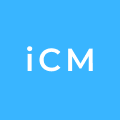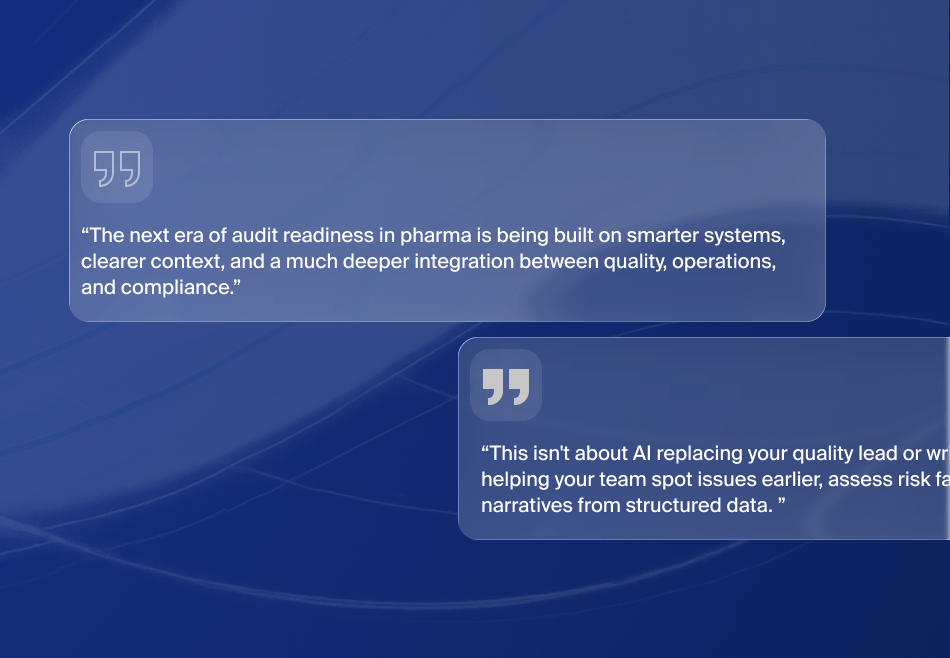At a Glance
- Pharma industry is moving from conventional methods of research, manufacturing and distribution towards more technologically adept ways for better output.
- The globalized nature of the pharma supply chain calls for technological transformation at macro and micro levels of every player in the industry.
- The need for newer technologies, the cost of their adaption and the overall ROI are factors that pharmaceutical companies should consider to bring about a technology-driven reformation of their processes.
For years now, the pharmaceutical sector has been slow to adopt technologies, especially when it comes to their business models. While the past decade has seen positive changes in the way technological advancements have made their presence felt in this industry, there is still a lot to be desired. Technology can be leveraged by pharmaceutical companies (start-ups and the giants) to transform their operations, the pace of research, and manufacturing processes. Even the pharmaceutical supply chain is on the verge of going through a digital overhaul, changing how medicine/ raw material distribution will be handled locally and globally.
Pharmaceutical Facets Being Transformed by Cutting-Edge Technologies

Application of Newer Technologies
01

Expedited Process, Optimized Operation, Reduced Manual Labour and Error Mitigation
02

Better Understanding of the Market and End-User Dynamics
03

Formation of a data-driven and Technologically-Enabled Business Strategy for Enhanced ROI and Profitability
04
The impact of adopting newer technologies on the business front is going to be positive. However, the pharma companies’ key decision-makers would need to align their business models with the current market needs and then choose the right mix of technologies to drive growth and maximize pharmaceutical profits.
Let us look at how technology in the pharmaceutical industry can prove to be integral in accelerating business growth for pharma companies.
01.Going Big with Big Data – Anchoring Business Decisions Based on Data Generated Insights
Big Data has made its way in almost all the major industries and healthcare-pharmaceutical integration can benefit from this technology to store, organize and leverage the humongous amount of data generated. The pharmaceutical industry can gain insights from the patient data stored on various applications. It can also leverage the data generated at hospitals to gain foresight into the current medicine demands and the c-suite level executives can drive their decisions based on these insights. The global pharmaceutical supply chain can benefit from historical and real-time data sources available on Big Data platforms. This will help mitigate supply errors, prevent bottlenecks, and ensure smooth distribution of medicines and raw material. To make best use of Big-Data learn more about pharmaceutical data analytics and business intelligence here.
02.Artificial Intelligence (AI) is the Way Forward- Expediting Processes and Enhancing Profitability
The past few months are abuzz with the news of AI being used to fasten vaccine development using computerized programs. AI is imperative to complete genome sequencing of the Covid-19 virus, running humongous data through machine learning tools to shortlist plausible drugs and vaccine candidates and systematically design massive-scale clinical trials. The pharmaceutical industry has been using AI and related technologies to fine-tune operations, fasten the drug discovery processes, and minimize human efforts. Speaking of its impact on business, the pharma executives see the positive transformation of accelerated processes. The increase in profit margins caused by AI tools and techniques has encouraged pharmaceutical companies to expand AI use.
According to Gartner’s 2020 CIO Survey, AI is the healthcare industry’s top game-changing technology. These analysts predicted 75 percent of healthcare delivery organizations will invest in an AI capability to explicitly improve either operational performance or clinical outcomes by 2021.
03.Going Virtual – Catering to the Need of the Hour to Make Better Business Choices
The past few years have seen a shift in the way the healthcare sector has been operating. Patients are moving towards online consulting and self-medication via various forums and apps. The partial shift of the healthcare sector to virtual platforms has created a ripple effect on its related sectors. The pharmaceutical companies can use this transformation to their benefit and enhance customer engagement by going digital. Digital customer engagement and experience will help them in understanding the demands and expectations of their end-users. Pharma companies can align Business strategies for manufacturing and distributing generic and over the counter (OTC) drugs with insights generated from capturing the consumer behavior on these virtual platforms. A well-researched business strategy can become the blueprint that the pharmaceutical companies can replicate in other geographies to grow their business.
How Technology is Crucial in Enhancing the Pharma Business
01
Research and Development – Cloud Computing, Big Data, AI, and Machine Learning are Expediting R&D in the Pharma Sector
02
Drug Manufacturing – Automation is Proving to be a Game Changer in Continuous Manufacturing
03
Pharmaceutical Supply Chain – The Pharmaceutical Supply Chain is Getting Digitized and Optimized with Latest Technologies
04.Opting Automation – Moving from Batch to Continuous Manufacturing to Meet the Demands
There is an ever-growing demand for medicines and vaccines worldwide, and pharmaceutical companies are on the lookout to enhance their manufacturing capacity without inflating costs to the extent that it will disrupt their business models. Technology experts are touting automation in the pharmaceutical industry as the next big thing for them. Automating the manufacturing processes and facilities will enable pharma companies to move from batch production to continuous manufacturing. Business process automation will help meet customer demands and enhance their operational efficiency.
To summarize, adapting new technologies in the pharmaceutical industry during these rapidly changing times will favor these companies. The key decision-makers who are ready to think out of the box and take bolder steps by trusting the endless possibilities of technology will be remembered as pioneers in transforming the pharmaceutical sector.
Key Takeaways:
- Adapting new technologies and up-scaling entire infrastructure as needed might be a cost-intensive process, but in the long run, it will help pharma companies cater to the needs of changing times.
- Business executives in pharmaceutical companies have started looking at newer technologies as imperative factors in not just R&D optimization but as catalysts in the overall transformation of the sector.
Take Our Assessment to Get Started With Digital Transformation








